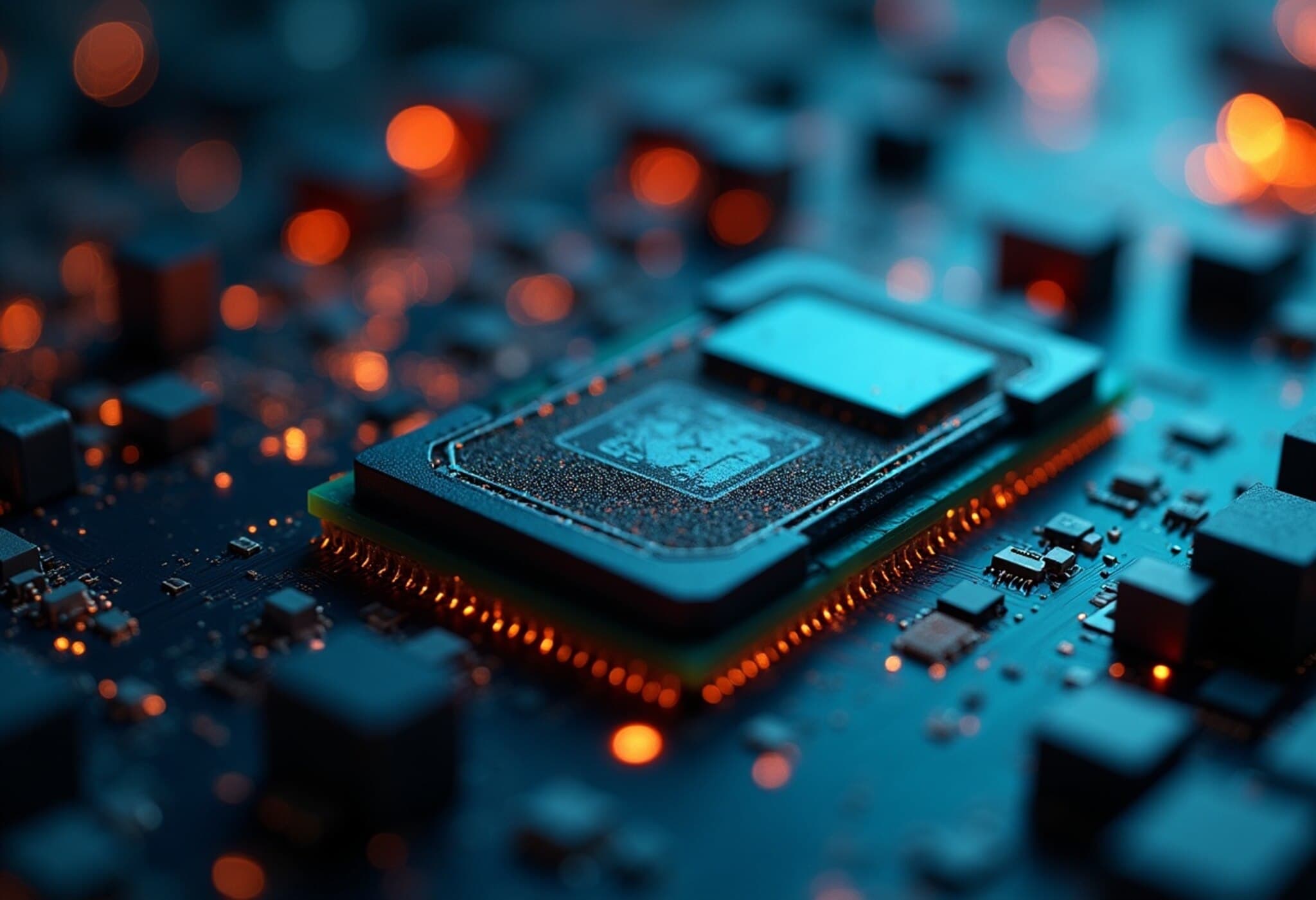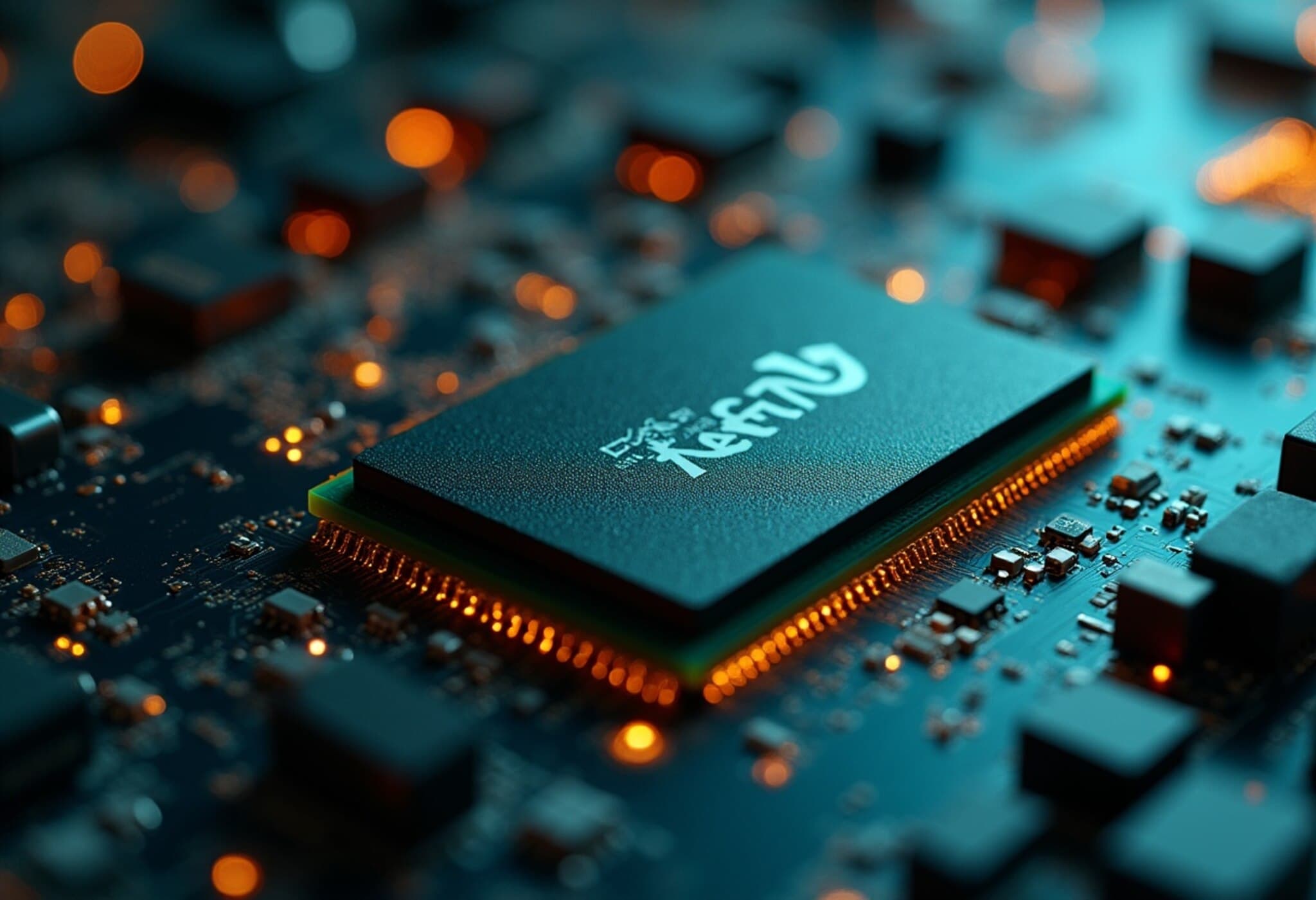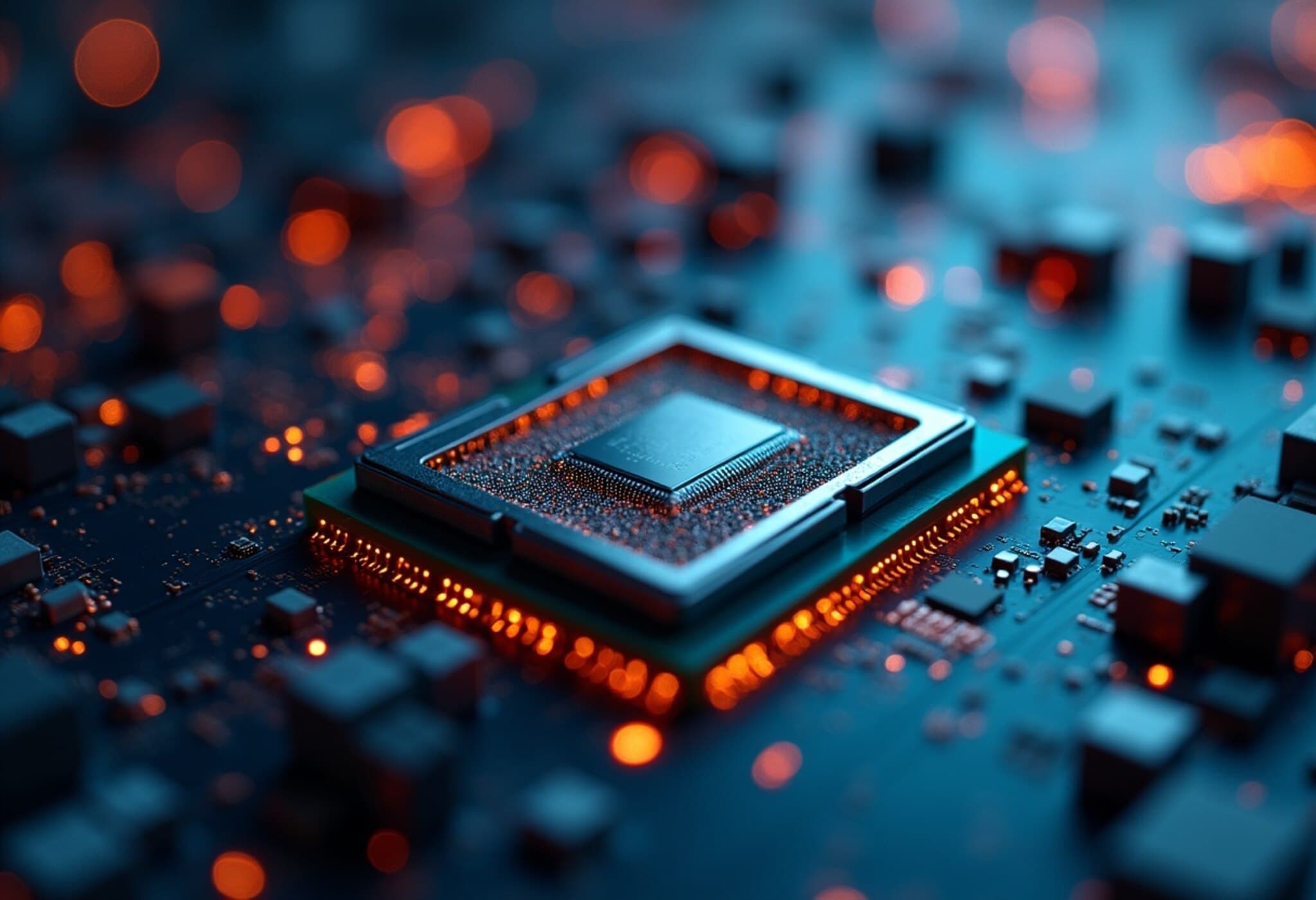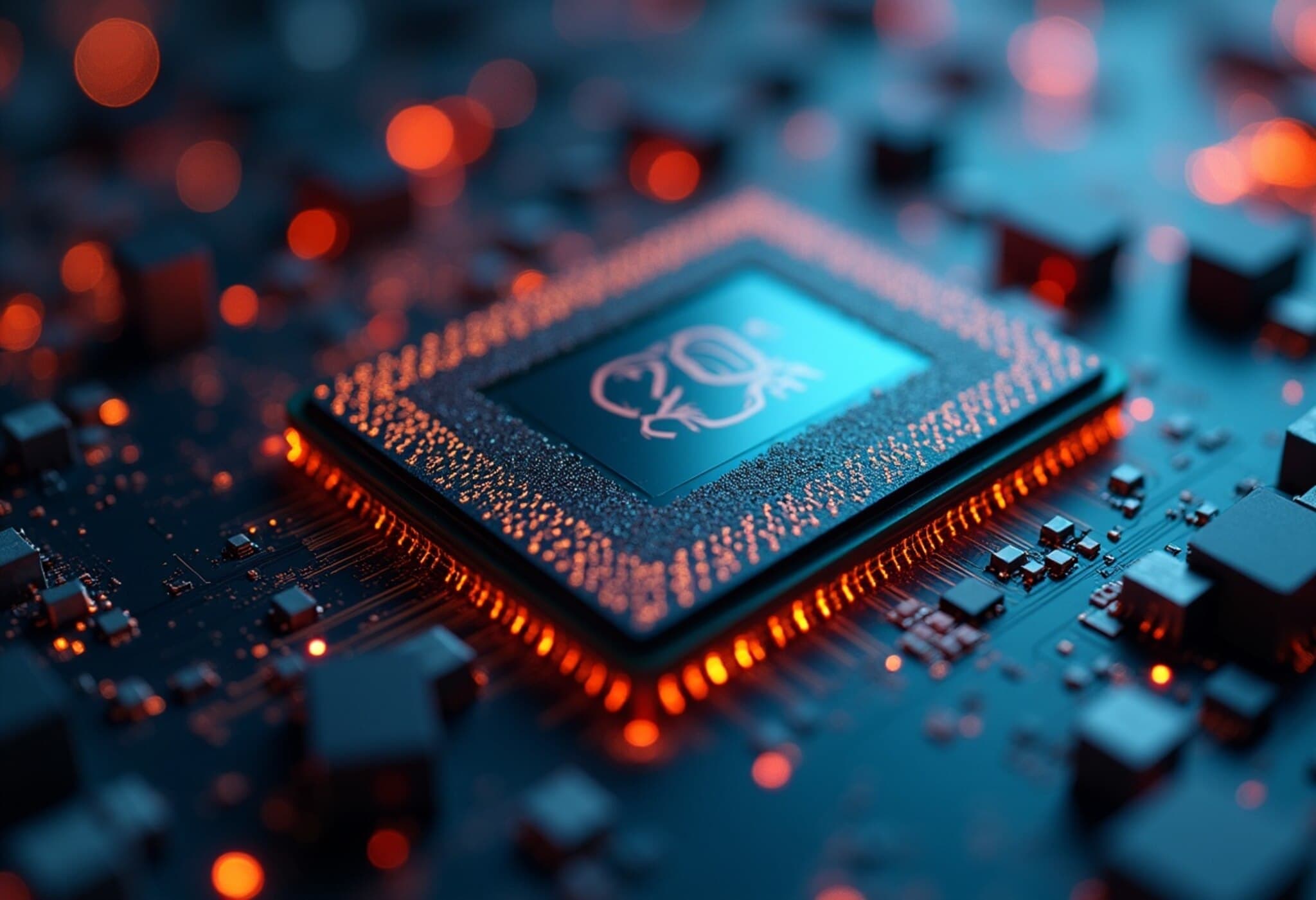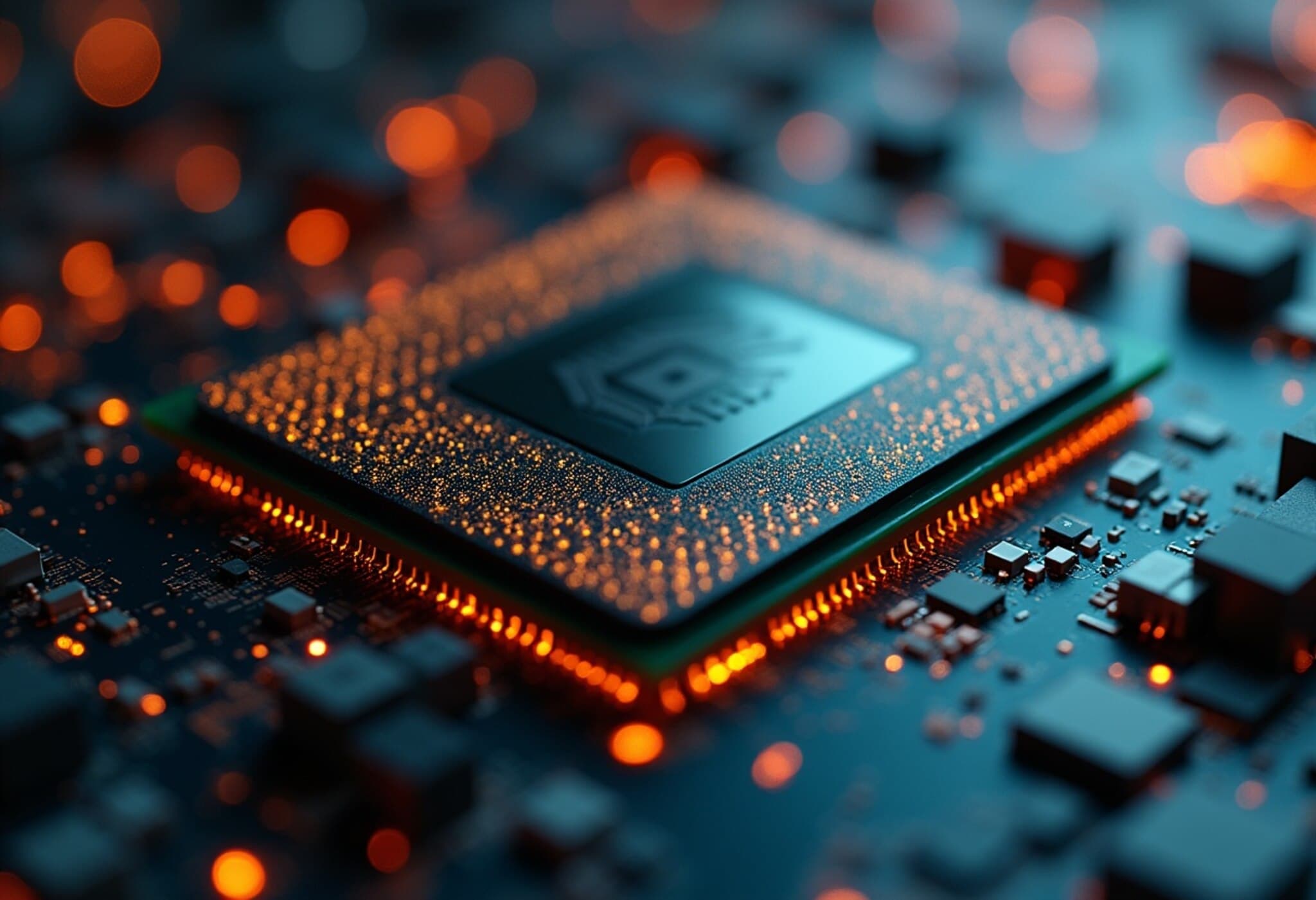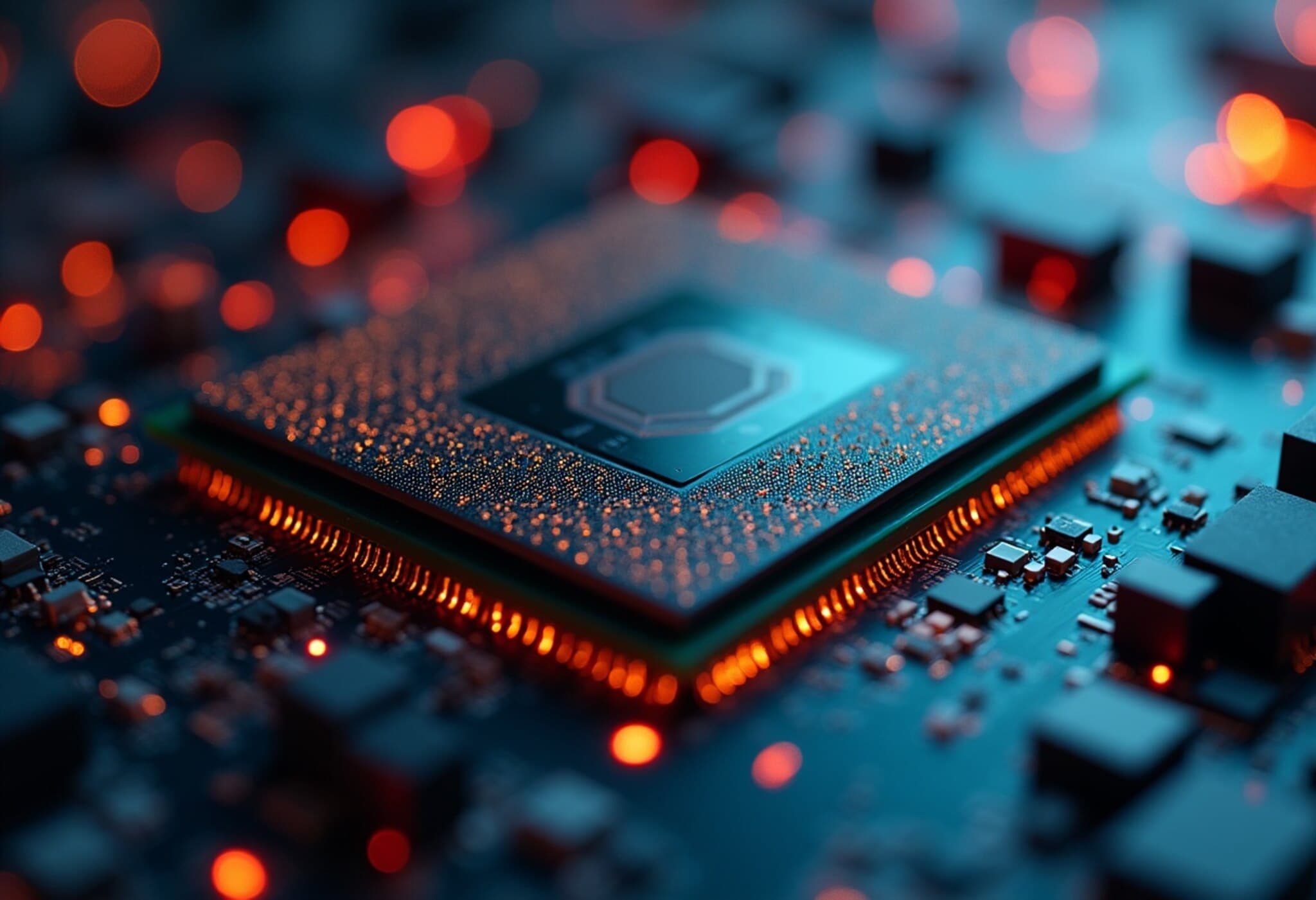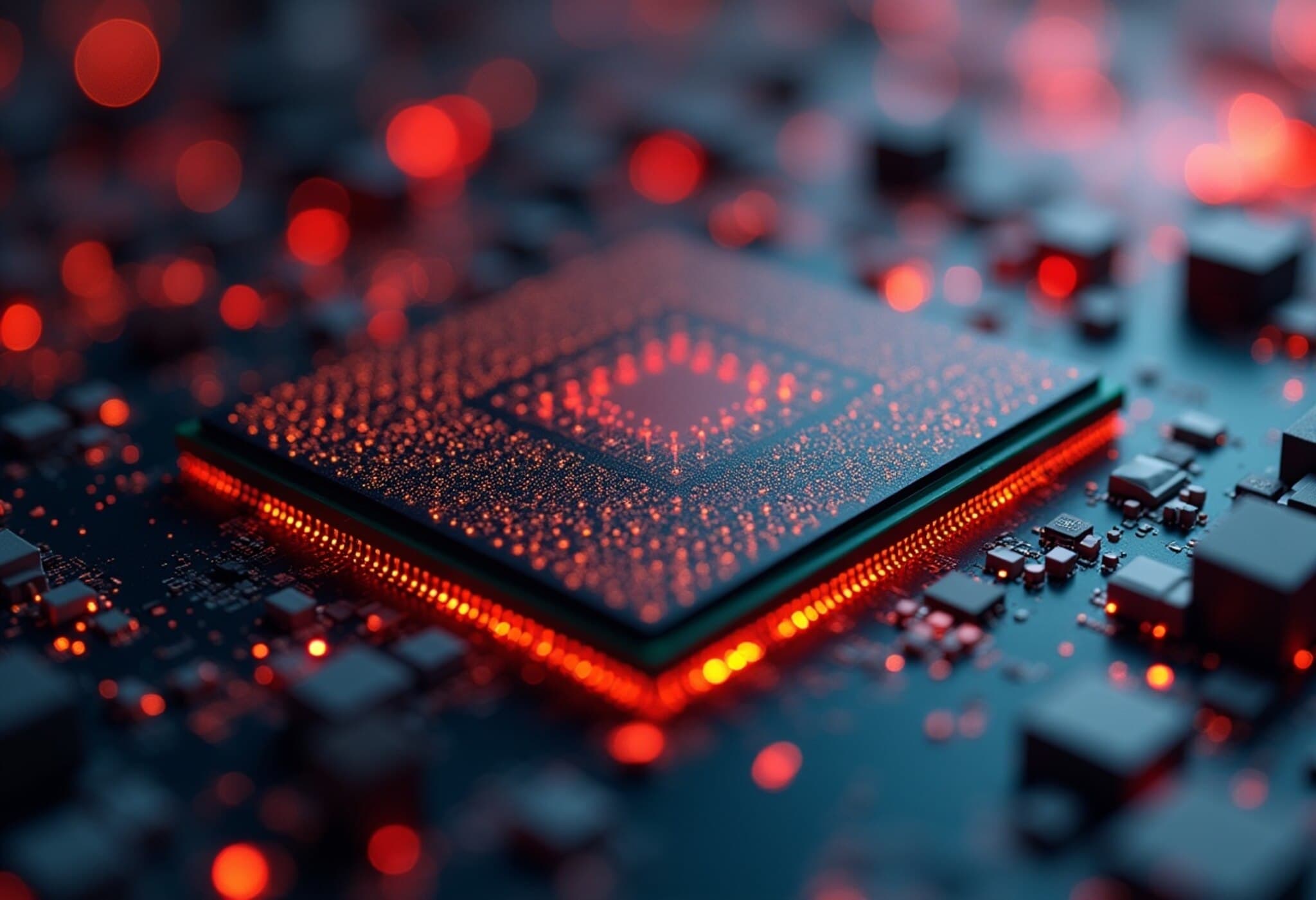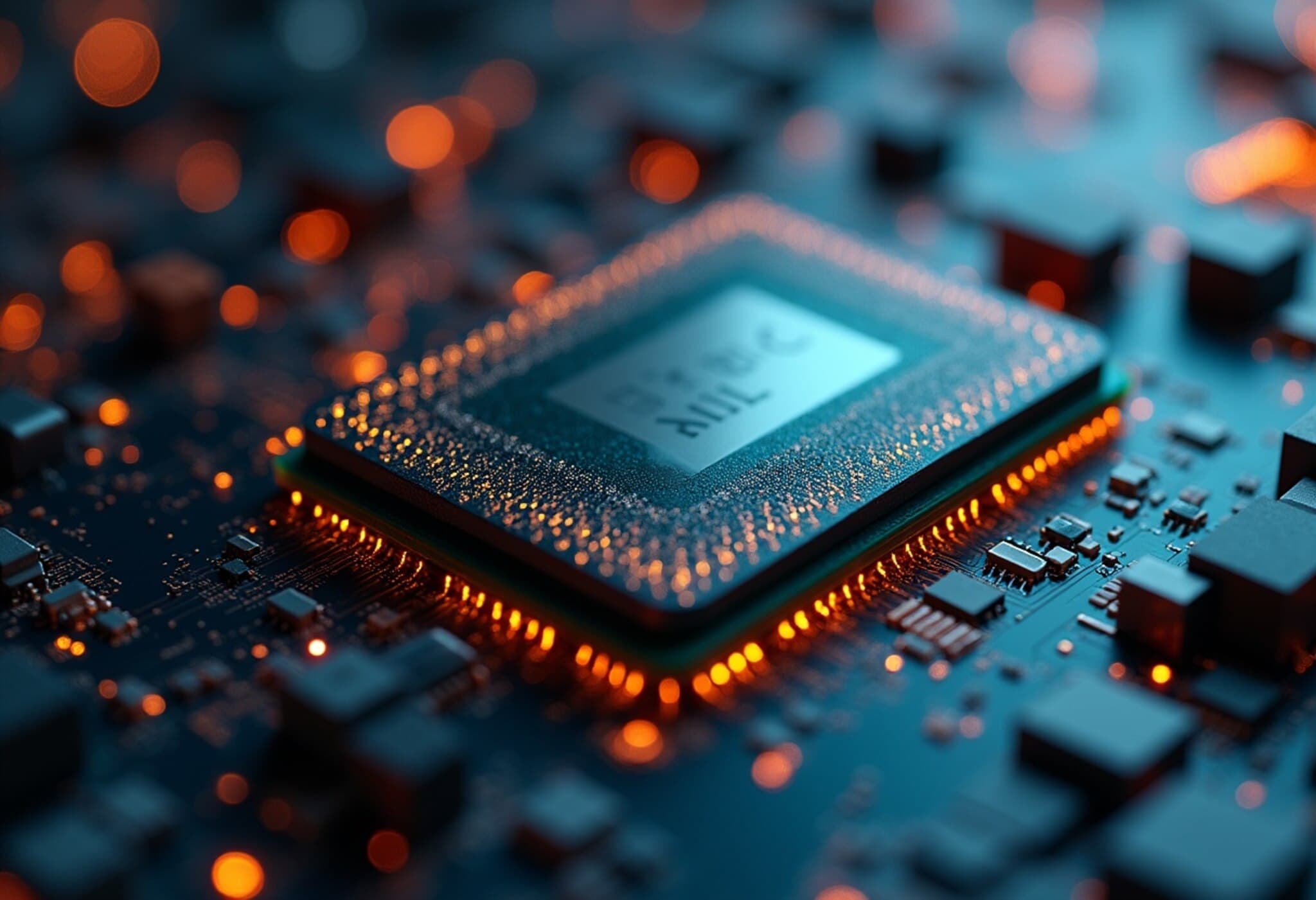Nvidia Rebuts 'Kill Switch' Allegations on AI Chips Amid Growing US-China Tech Tensions
In the midst of escalating technological and geopolitical friction, Nvidia has publicly refuted recent accusations from Chinese regulators claiming its advanced AI data center graphics processing units (GPUs) contain a so-called "kill switch"—a remote hardware function that could potentially disable the chips. This comes as part of China's scrutiny into the security of foreign-made technology deployed within its borders.
Clearing the Air: Nvidia’s Official Response
David Reber, Nvidia's Chief Security Officer, addressed the allegations directly in a detailed blog post on Tuesday, emphatically stating, "NVIDIA GPUs do not and should not have kill switches and backdoors." He explained that such components would represent a substantial cybersecurity vulnerability—not only compromising user trust but also potentially exposing the hardware to malicious exploitation by hackers worldwide.
Reber drew an evocative analogy to drive home the risks: “Hardwiring a kill switch into a chip is like buying a car where the dealership keeps a remote control for the parking brake—just in case they decide you shouldn't be driving.” His remarks highlight how embedded backdoors or kill switches jeopardize both user autonomy and national security interests.
Context: The Cyberspace Administration of China’s Security Probe
Last week, China's cybersecurity watchdog, the Cyberspace Administration of China (CAC), requested detailed documents from Nvidia related to its H100 GPU security. The CAC's investigation zeroed in on alleged "backdoor" vulnerabilities within Nvidia’s data center AI chip tailored for the Chinese market.
This inquiry is widely seen as part of China's broader strategy to assert tighter control over foreign technologies, especially those integral to artificial intelligence development. The H100 chip itself is a significant revenue source for Nvidia, generating billions each quarter, despite being briefly banned from export to China earlier this year.
Broader Geopolitical Ramifications
Nvidia’s declaration must be understood against the backdrop of escalating U.S.-China competition in AI and advanced semiconductors. The U.S. government has imposed export controls on specific high-end Nvidia chips, citing national security concerns that China could leverage these powerful processors to gain military or strategic advantages.
U.S. lawmakers have debated regulations potentially mandating AI chips to include hardware-based tracking to ensure supply-chain transparency and prevent unauthorized use. Nvidia CEO Jensen Huang has advocated that having their chips as the global standard would benefit U.S. interests, even with widespread Chinese adoption.
Industry Perspectives on Backdoors and Security
Security experts and technologists across Silicon Valley overwhelmingly view backdoors—hidden entry points into hardware—as unacceptable and dangerous. They argue that such vulnerabilities invite exploitation by malicious actors not only governments, threatening the integrity of entire networks and infrastructures.
Notably, other global tech giants have also resisted embedding government-requested backdoors, stressing that security and privacy must remain foundational. Nvidia’s refusal to comment beyond Reber’s blog underscores the sensitivity surrounding hardware security claims amid international tensions.
Looking Forward: What This Means for AI Chip Security
- For policymakers: Balancing national security with technological innovation remains a critical challenge. Excessive restrictions risk stifling innovation, while lax oversight could expose vulnerabilities.
- For enterprises and consumers: Transparency into hardware security features is essential to build trust in AI infrastructure.
- For global tech relations: As semiconductor supply chains span multiple countries, mutual scrutiny and cooperative cybersecurity norms will be key to preventing political conflicts from undermining technological progress.
Editor’s Note
This controversy reveals deeper layers in the ongoing U.S.-China tech rivalry, where national security concerns intersect with the race for AI supremacy. Nvidia’s forthright denial provides reassurance but also opens the floor to critical questions: How can global stakeholders ensure AI hardware remains secure without compromising sovereignty? What frameworks are needed to prevent geopolitical disputes from weaponizing cybersecurity allegations? As AI chips become the backbone of modern infrastructure, transparency and trust will be indispensable for navigating an increasingly complex digital future.

